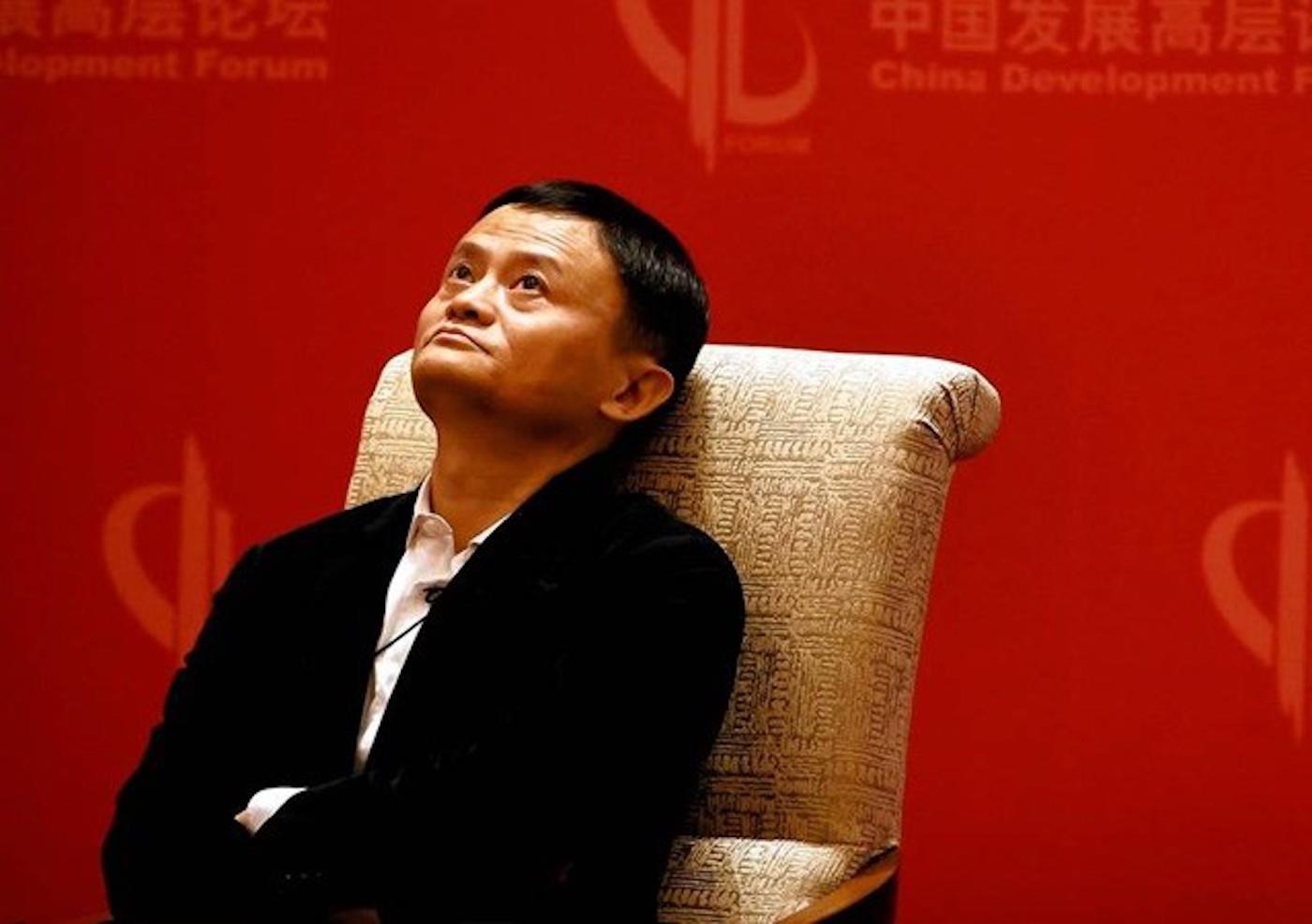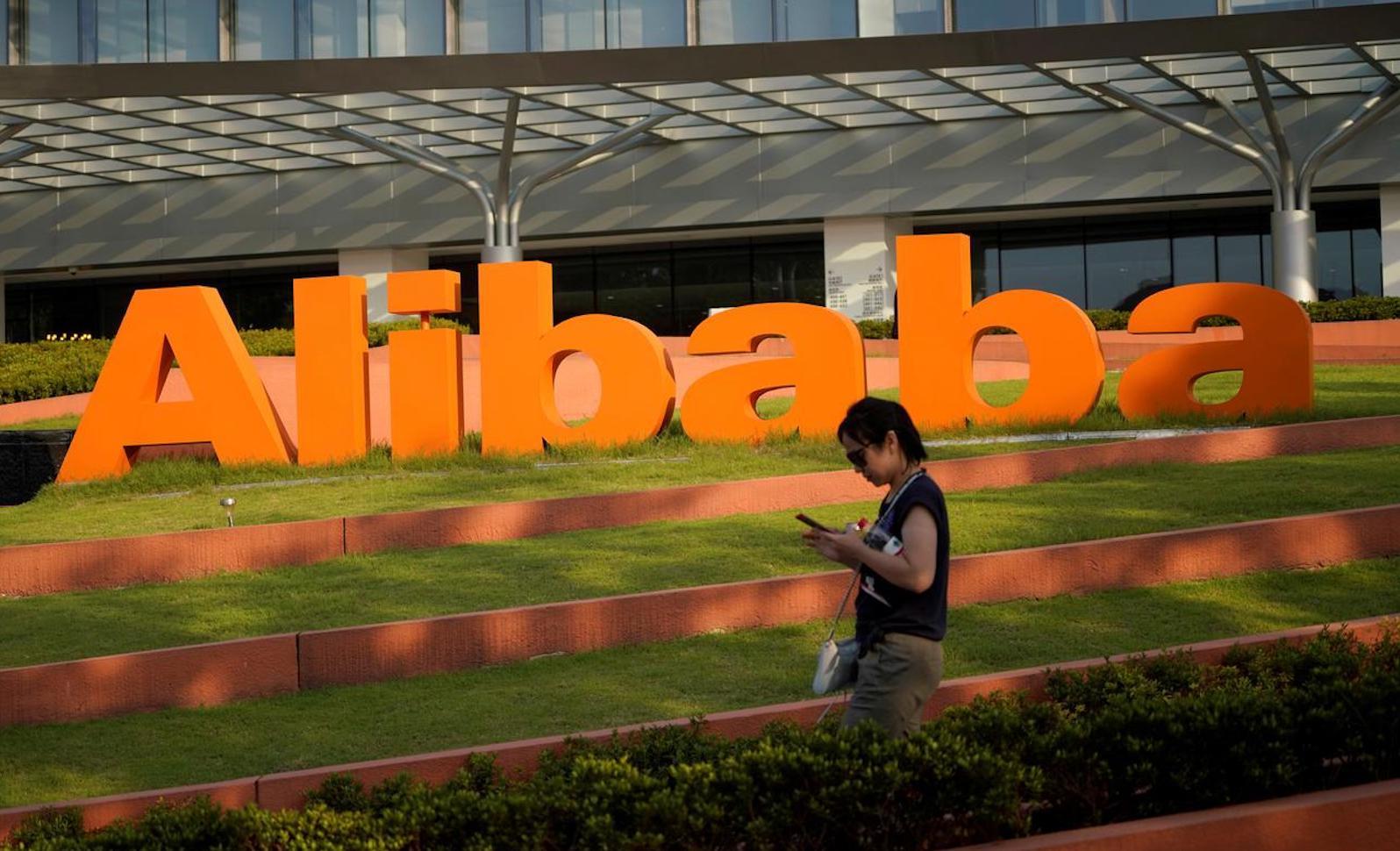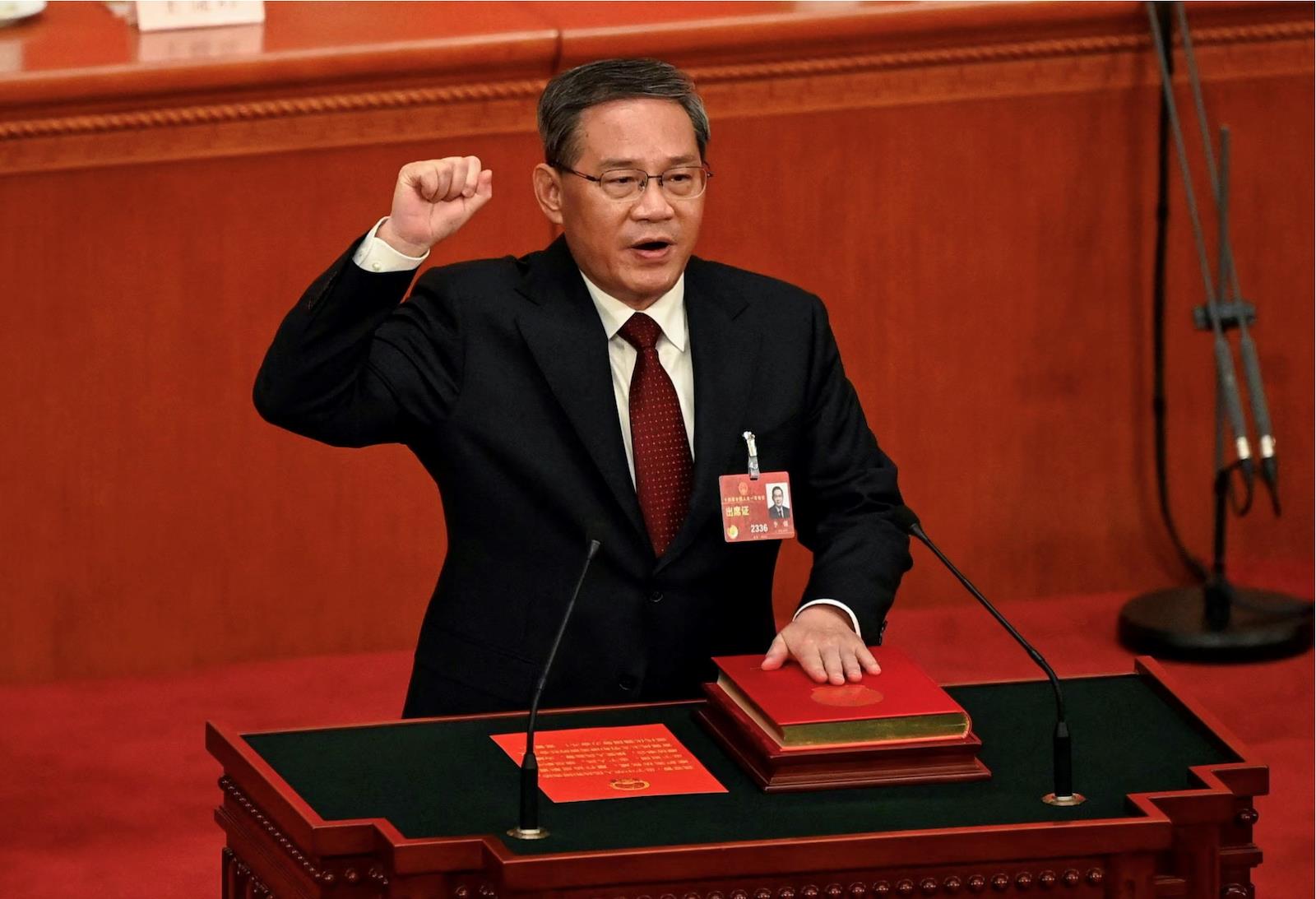(MENAFN- Asia Times) This week, Xi Jinping's regulators signaled that the Jack Ma debacle of the last 28-plus months is finally over. And that China Inc is back in business.
Beijing announced Tuesday (March 28) that Alibaba Group will divide its US$220 billion empire into six distinct business units, a move that will generate several initial public offerings (IPOs).
More importantly, the overhaul presents a roadmap of sorts to placate regulators' concerns over the abuse of monopolistic power among China's technology behemoths.
“The split-up could also serve as a template for Alibaba's peers, but we don't expect any imminent similar move,” says Evercore ISI analyst Neo Wang.
All this could pave the way for Baidu, Meituan, Tencent and other internet giants to move past the regulatory crackdown that began in November 2020 with Alibaba founder Ma being sidelined in spectacularly public fashion.
That month, regulators pounced on Ma's plans to take his fintech unit Ant Group public, a $37 billion IPO that would have been history's biggest. It also would have announced China Inc's arrival as a tech superpower - and on its own terms.
Rather than listing in New York, as Alibaba did in 2014, Ant was set to sell shares in Shanghai and Hong Kong. The sale promised to raise the Greater China region's status as a tech and finance Mecca.
Those hopes fell with a loud thud in November 2020, generating more conspiracy theories than clarity about Communist Party leader Xi Jinping's plans for Asia's biggest economy.
The most common theory was that Ma had crossed red lines during a late October 2020 speech in Shanghai where he accused Beijing regulators of not understanding the tech industry and state-owned banks of having a“pawnshop” mentality.

Alibaba founder Jack Ma in a file photo. Image: Facebook
Along with regulatory crackdowns, Xi's“zero Covid” lockdowns undermined Alibaba's shares. They currently trade at historical lows of less than 10 times future earnings. That's roughly half Alibaba's five-year average and less than tech giants JD.com and Tencent.
Yet that wealth-destroying era may be over. Along with the Alibaba breakup, Ma in recent days made a highly public return to China. Ma's return coincides with the arrival of Xi's new economic and financial reform team, led by new Premier Li Qiang.
Unlike his predecessor, Li seems to have a high degree of buy-in from Xi to raise China's economic game. One reason: Li has a tech-centric background that could give him the clout needed to recalibrate engines from exports to innovation and consumption-led growth.
Back in 2018, when Li was Shanghai party boss, he lobbied Tesla founder Elon Musk to build an electric-car factory, Musk's first overseas facility, in the city. The deal gave China considerable bragging rights in Asia.
Years earlier, in the 2010s, Li served as governor of
Zhejiang
province. Reportedly, Li was close to Ma, who founded China's most important tech company in Zhejiang. Hence the reasons why Li's rise to the top of Beijing power augurs well for the high-tech sector's return to economic prominence.
As Xi begins his third five-year term as party leader, he left many key cabinet members in place. Significantly, they include the globally respected Yi Gang as Governor of the people's bank of china . This means that as Yi works to increase trust in the financial hardware, Li's inner circle can tend to the economic software.
Alibaba's new lease on innovative life could be a fortuitously timed but signal for China tech. Investors' clear enthusiasm for Alibaba's plan points to a fresh start for a tech icon that's been trading at a sizable discount to the sum of its parts, says Morgan Stanley analyst Gary Yu.
“The headline P/E is effectively implying zero value to Alibaba's major consolidated subsidiaries and certain private and public equity investments,” Yu says.

Alibaba could become a global investor darling again. Image: Agencies
In a note to clients, analysts at Jefferies wrote that“we think reorganization empowers different business units to respond quickly to market changes and enhance decision-making. In our view, this is an important organizational change, and it leads to flexible and leaner management, supported by its middle and back-end infrastructure.”
Goldman Sachs analyst Ronald Keung says Alibaba's restructuring“demonstrates management's commitment towards further improving profitability .”
That depends, of course, on the level of follow-through by Li's reform team. Much of the theatrics surrounding this month's National People's Congress conveyed a message of even more assertive control over the private sector.
The signals from Beijing have
investors like Wang Qi, CEO of MegaTrust Investment, advising clients of a“state-owned alpha” trade,“making SOEs prime candidates” for trading gains.
This dynamic runs counter to Li's pledges to launch a series of supply-side reforms. Priorities supposedly include increasing the role of the private sector and boosting the role of household consumption in driving economic growth.
A major part of scheduling that goal is
prodding China's 1.4 billion people to save less and spend more. That means creating bigger social safety nets at the national and local government levels. And generating more economic energy from the ground up.
It's the right place to focus. The private sector now contributes about 60% of China's gross domestic product (GDP) and 80% of all employment. Any process in increasing the dynamism and wages of the private sector would have wide-ranging GDP effects.
Earlier this month, Li admitted that“last year, there were some inappropriate discussions about private entrepreneurs, which made them feel frustrated.” That's now changing, Li declared.

China's newly-elected Premier Li Qiang takes an oath after being elected during the fourth plenary session of the National People's Congress (NPC) at the Great Hall of the People in Beijing, China on March 11, 2023. Image: Pool / Twitter / Screengrab
In this sense, the alibaba news is a big step in the right direction.“We believe it will lead investors to reassess the valuation methodology of Alibaba,” says Citigroup analyst Alicia Yap. Along with unlocking the underlying value of each business, the breakup will set the stage for bigger reforms to come.
Winnie Wu, an analyst at BofA Securities, views Alibaba as an important experiment to address the“winner's curse” that affects companies that fly too close to the proverbial sun.
Whether the restructuring proves to be a solution to reducing concerns about the scale of Big Tech companies and the antitrust concerns and policy risks they present remains to be seen, she says.
In recent years, investors have assigned utility-like valuations to shares in Alibaba, reflecting their fears its high-growth days are over. Now, the company's restructuring gambit will give its core commerce division, gaming, cloud and logistics units and others their own chief executive and board of directors.
According to CEO Daniel Zhang, who will remain at the top of the Alibaba Group holding company, each unit will be empowered to“pursue independent fundraising and IPOs.”
Analyst Zerlina Zeng at CreditSights notes that“we think that the corporate reorganization reduces the risk of cash burn for Alibaba to fund unprofitable business lines.”
Apart from Taobao & Tmall, most other Alibaba business units“are loss-making,” Zeng says. They include cloud services, food delivery arm Ele.ma, logistics arm Ampa and overseas e-commerce platforms like Lazada and Aliexpress.
“We estimate that a large chunk of Alibaba's capex and investments over the past few years were used to expand these business units,” Zeng says.“We expect the potential separate equity fund-raising (including IPOs) of these business units to help ease the cash burn for Alibaba, a credit positive in our view.”

Photo: AFP / Da Ging / Imaginechina
Analyst John Choi at brokerage Daiwa thinks that“setting up individual business groups will enable quicker market response amid intensifying competition.”
Tencent and other tech behemoths in the line of regulatory fire should study Alibaba's moves. The video game giant's business lines also involve sensitive areas like mobile payments, cloud computing and online media.
If Alibaba's strategy manages to satisfy regulators and shareholders, Tencent and peers could consider following suit, moves that would ensure the Jack Ma debacle remains in the rearview mirror.
Follow William Pesek on Twitter at @williampesek
Like this:Like Loading...
























Comments
No comment